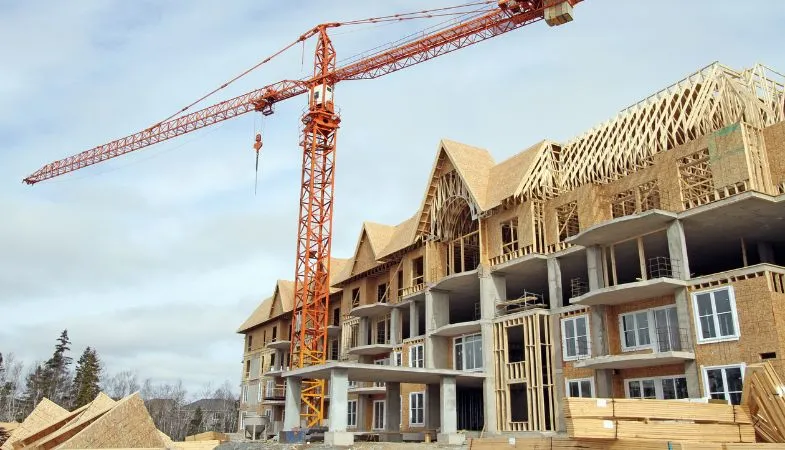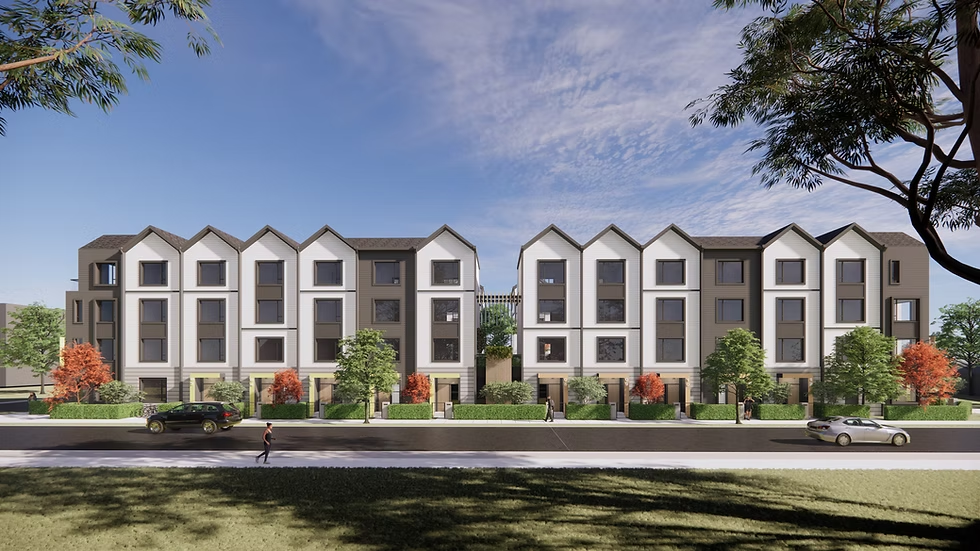
TransLink Appoints New OOH Advertising Partner: What It Means for Real Estate Marketing in Metro Vancouver
TransLink appoints Pattison Outdoor as its new OOH partner—what this means for real estate marketers across Metro Vancouver.

On July 29, 25 real estate developers and industry stakeholders in British Columbia signed an open letter titled Crisis & Revitalization of the Real Estate/Construction Industry in BC. Addressed to Prime Minister Mark Carney, key federal and provincial housing officials, and BC Premier David Eby, the letter calls for a serious reconsideration of Canada’s “foreign buyer ban” – a policy that has been in place since 2022.
The foreign buyer ban was first introduced in 2022 under Prime Minister Justin Trudeau, prohibiting non-Canadians from purchasing residential real estate. Initially set to expire on January 1, 2025, the policy was extended in February 2024 to January 1, 2027.
Unlike similar measures in other countries, Canada’s ban is more restrictive — not only prohibiting foreign ownership of existing homes but also extending to new builds and pre-sale properties.

The joint letter outlines the significant impacts the policy has had on BC’s housing market:
Housing starts fell 50% between March 2024 and March 2025.
Apartment and multi-unit housing starts dropped 22% in the same period.
Pre-sale project launches declined by roughly 30% in 2025, with only one major high-rise brought to market this year.
Tight financing requirements and a sharp retreat of investors have led to stalled projects and rising insolvencies.
Developers argue that these trends threaten long-term housing supply, employment, and economic stability in BC.

The signatories suggest that Canada adopt a model similar to Australia’s — restricting foreign purchases of existing homes while allowing foreign investment in new builds and pre-sale projects to maintain construction industry vitality.
They also propose directing foreign capital into long-term rental housing, such as a 25-year rental pool model, which could expand rental supply and stabilize rents, while offering consistent returns to investors.
As a marketing and strategy team deeply engaged in the real estate sector, Nebula Marketing identifies five critical issues highlighted by this appeal:
Population Growth vs. Housing Supply
Canada’s population is expanding faster than its housing supply. Limiting demand without addressing supply-side challenges will only worsen affordability.
Foreign Capital’s Constructive Role
In the new home and pre-sale markets, compliant foreign investment can help meet pre-sale targets, unlock financing, and bring projects to completion.
Opportunities in the Rental Market
Structured long-term rental programs can attract investors while expanding rental inventory, supporting affordability for tenants.
Sharing the Costs of Growth
Infrastructure and public service costs should be shared more equitably among governments, developers, and communities, rather than being disproportionately shouldered by buyers.
Policy Stability and Market Confidence
A predictable policy environment is essential for maintaining investor confidence and ensuring sustained market activity.

Whether the foreign buyer ban will be adjusted depends on how federal and provincial governments balance the goals of curbing speculation with the need to maintain housing supply.
In the midst of an ongoing housing crisis, any policy that effectively increases new housing and rental stock should be given serious consideration.
Nebula Marketing will continue to monitor these developments closely, providing our clients with timely insights and actionable strategies to navigate BC’s evolving real estate landscape.
At Nebula, we’re helping developers and marketers navigate this shift with smarter strategies, sharper storytelling, and measurable execution.

TransLink appoints Pattison Outdoor as its new OOH partner—what this means for real estate marketers across Metro Vancouver.

The BC government has introduced a new policy allowing developers to pay development fees over four years, easing upfront costs and improving cash flow. The changes aim to help stalled housing projects move forward and boost the province’s housing supply.

8899 Spires Located at the intersection of Cook Crescent and Spires Road, 8899 Spires is a boutique collection of 28 modern townhomes in the heart of Richmond. Designed with families in mind, more than 50% of the homes feature secondary suites, offering versatile living spaces that cater to multi-generational households,